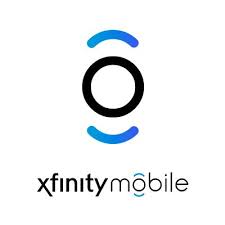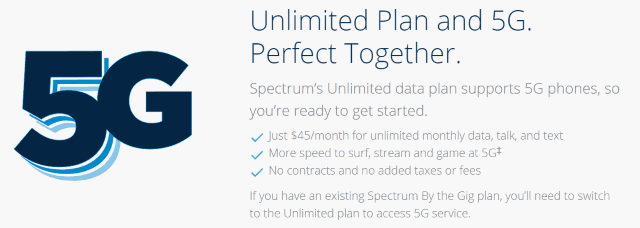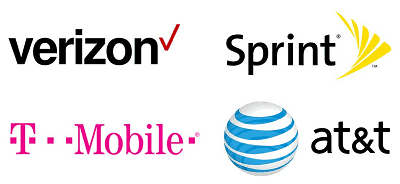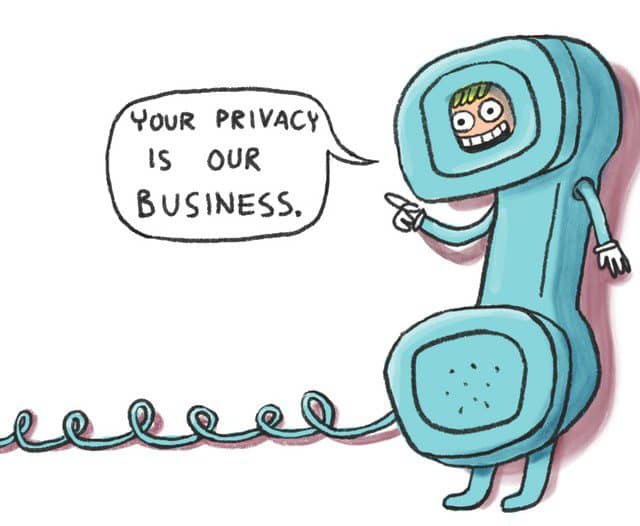 Verizon is introducing a new wireless home broadband service that will target customers that can get good cell phone reception from home but are stuck with slow speed DSL from the phone company, or no internet access at all.
Verizon is introducing a new wireless home broadband service that will target customers that can get good cell phone reception from home but are stuck with slow speed DSL from the phone company, or no internet access at all.
Verizon’s new LTE Home Internet will offer customers speeds of 25-50 Mbps without data caps on Verizon’s already built 4G network. The service launched this week in Savannah, Ga., Springfield, Mo., and Tri-Cities, Tenn./Va./Ky. Starting today, Verizon says it will expand home internet access to customers outside of its existing Fios and millimeter-wave 5G Home footprints, primarily to reach rural customers.
“With LTE Home Internet, our most awarded 4G LTE network will provide internet connectivity for customers in more rural parts of America who may not have access to broadband internet service – a critical need, especially now, when so many are counting on reliable connectivity for remote work and educational needs,” said Frank Boulben, senior vice president of Consumer Marketing and Products at Verizon.
The service and equipment are sold at different prices depending on how much business you already do with Verizon:
LTE Home Internet Service Pricing
- If you do NOT have an active Verizon mobile plan and DO NOT WISH to enroll in paper-free billing and auto-pay, the service costs $70/month.
- If you do NOT have an active Verizon mobile plan or one that costs less than $30/month and ARE WILLING to enroll in paper-free billing and auto-pay, the service costs $60/month.
- If you DO have an active Verizon mobile plan that costs $30/month or more and DO NOT WISH to enroll in paper-free billing and auto-pay, the service costs $50/month.
- If you DO have an active Verizon mobile plan that costs $30/month or more and ARE WILLING to enroll in paper-free billing and auto-pay, the service costs $40/month.
- The required LTE router costs $240 or $10/month for 24 months (0% interest) on Verizon’s Device Payment Plan. If you order the router using “device payments,” you will receive a $10/month promotional credit for the next 24 months, making the router free of charge if you stay with the service for two years. If you cancel service early, the remaining payments will become due immediately.
Although the service cannot match the speeds offered by modern cable and fiber broadband networks, Verizon’s wireless speeds do appear to qualify as “broadband service” and for the first time on a 4G LTE network, do not include any data caps or sneaky speed throttling, making it a potentially respectable option for those in rural areas looking for something better than phone company DSL.
Verizon offers this coverage check tool to determine if service is available in your area. If not, you can leave your e-mail address and phone number and Verizon will contact you as the service expands.
This Verizon-provided video introduces the company’s new LTE Home Internet service, a wireless broadband option without data caps for those looking for rural access or something better than phone company DSL. (1:25)


 Subscribe
Subscribe Comcast is now giving
Comcast is now giving 
 The Federal Communications Commission will seek hundreds of millions of dollars in fines from America’s four largest wireless companies after company officials apparently lied to Congress and regulators about ending the lucrative sale of customer locations to third parties in early 2019.
The Federal Communications Commission will seek hundreds of millions of dollars in fines from America’s four largest wireless companies after company officials apparently lied to Congress and regulators about ending the lucrative sale of customer locations to third parties in early 2019.
